One Direction’s Liam Payne joins a long list of musicians who died young amid addiction battles. The news of his untimely demise stirs profound sorrow among fans and the music industry alike, as the investigation unfolds. Preliminary autopsy findings from authorities in Argentina indicated that he was “going through some type of outbreak resulting from substance abuse.”
Payne tragically passed away after 5 p.m. at the Casa Sur hotel in Buenos Aires’ Palermo district, located on Costa Rica Street, due to a fall from the balcony of his third-floor room. He was only 31 years old.
Liam Payne had been candid about his mental health struggles and addiction issues during various interviews. He once shared with Steven Barlett on “The Diary of a CEO” podcast how many of his days were consumed by “pills and booze,” painting a stark picture of his internal battles. This heartbreakingly reflects a broader, tragic narrative within the entertainment world.
Sadly, Payne is not alone in his experiences. Many musicians have wrestled with addiction, finding their lives cut tragically short, leaving behind a legacy intertwined with struggles and triumphs.

Musical Legacies: The Cost of Fame
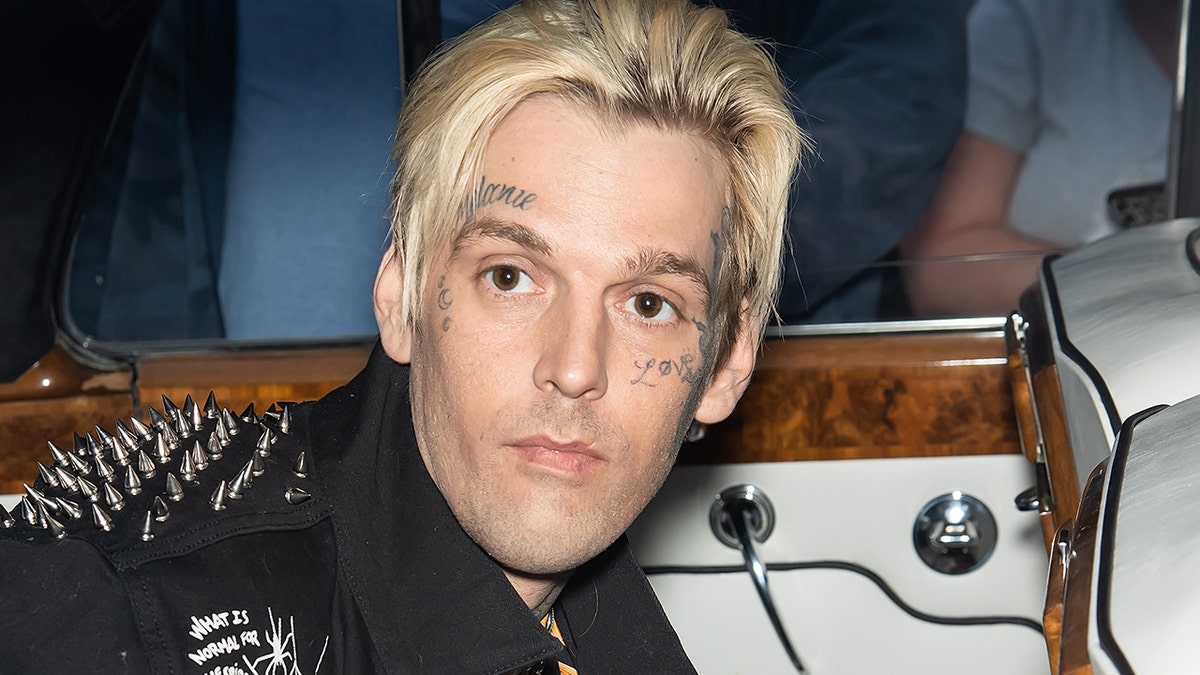
Aaron Carter, another bright star, started his pop career young, releasing an album at just 13. Yet, as fame elevated him, he fell prey to addiction, introduced to huffing by his older sister, Leslie, who tragically succumbed to a drug overdose in 2012.
“Started when I was about 16,” he admitted on “The Doctors” in 2019, reflecting on his descent into addiction. He confessed to purchasing inhalants secretly, highlighting the desperate need for anonymity in his struggles.
Carter openly discussed various mental health diagnoses, from “multiple personality disorder” to “manic depression.” Despite multiple rehab attempts, he was found dead in his bathtub in 2022. His death, confirmed as accidental, resulted from the deadly mix of difluoroethane and alprazolam, substance abuse shadows lingering and ever-present.
Shattering Expectations: The Cost of Stardom

Amy Winehouse’s astonishing rise to fame came with a heavy toll. Her hit album “Back to Black” showcased her unique retro sound, but simultaneously highlighted her struggles with substance abuse. Winehouse famously sang about refusing rehab, and she once noted in a 2007 Rolling Stone interview that she began smoking weed at 14, a harrowing early start to a dark spiral into addiction.
In July 2011, she succumbed to alcohol poisoning at merely 27, leaving behind a haunting echo of talent and tragedy.
The Pain Behind the Lyrics
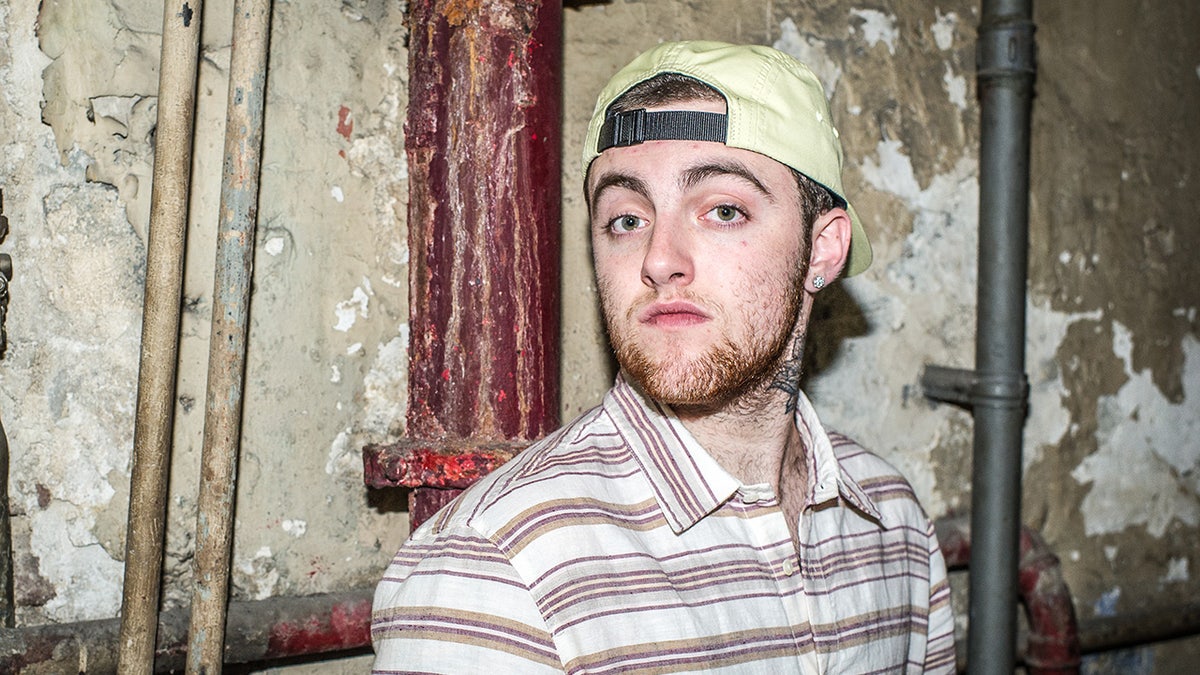
Mac Miller, born Malcolm James McCormick, was candid about his struggles within his lyrics, reflecting a raw vulnerability. His hits, like “The Way,” showcased his talent, yet masked deeper issues akin to those faced by Philip Seymour Hoffman, who also succumbed to addiction.
Even in his darker times, Miller sought light through music. He confessed, “I’m not as depressed anymore,” articulating how music served as both therapy and a double-edged sword. However, his journey ended in 2018, with a tragic accidental overdose, his body found unresponsive amidst the chaos that often accompanies fame.
Voices of a Generation Lost Too Soon
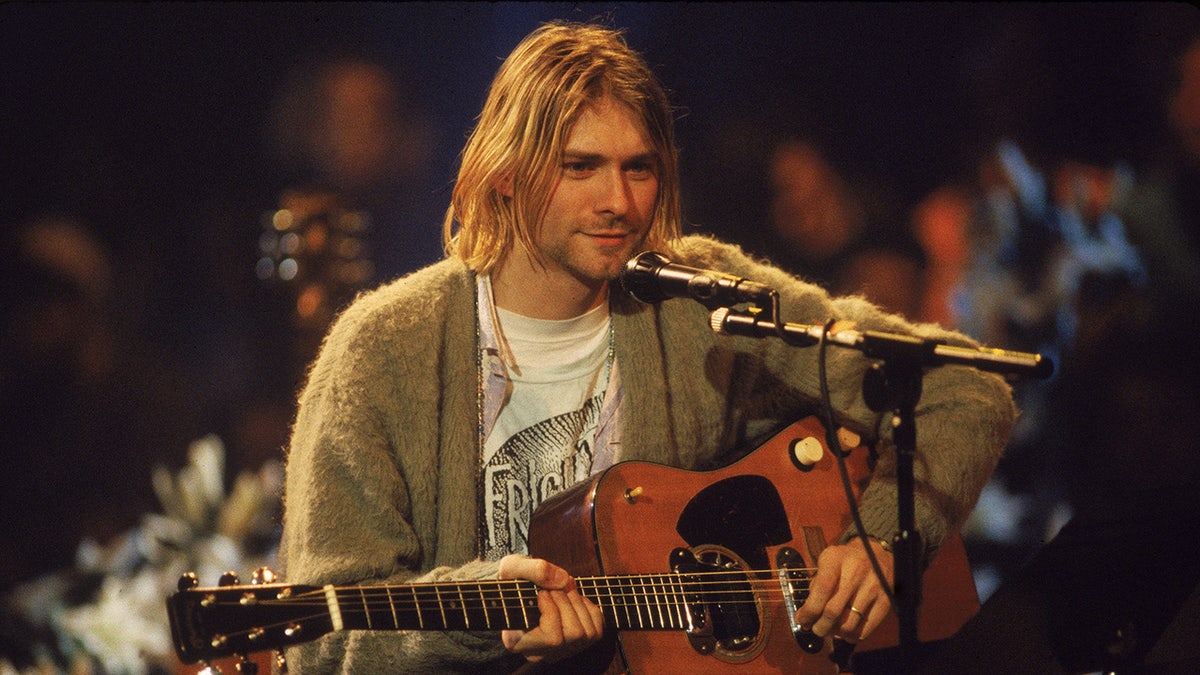
Kurt Cobain, the tortured spirit of the grunge movement, grappled with depression and addiction until his last breath. The founder of Nirvana expressed his struggles through poignant lyrics, yet ultimately succumbed to them. His death at 27 was a monumental loss, echoing through generations, reminding fans of the complex layer of fame intertwined with mental health issues.
A Hard Truth: The Allure and Danger of Fame
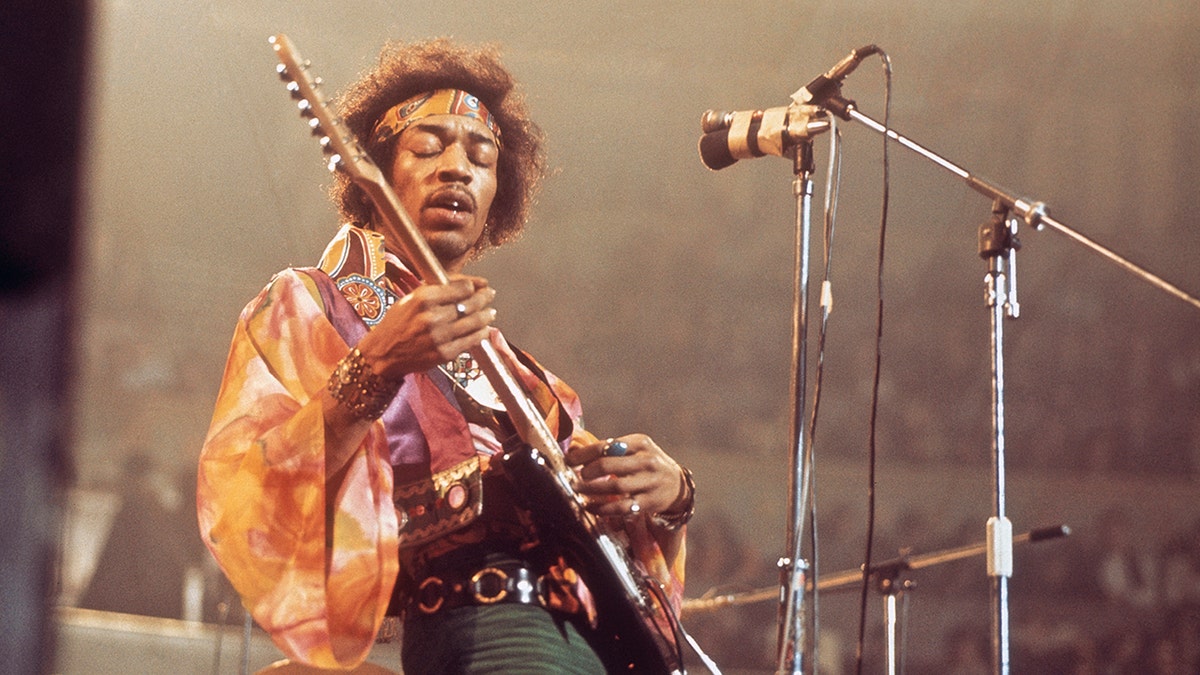
Jimi Hendrix, a guitar legend, faced his fate under mysterious circumstances in 1970, having succumbed to a drug overdose. The conflicting narratives surrounding his death raise questions about the care and chaos present in the lives of these icons.
Tragic Ends: A Common Thread Among Icons
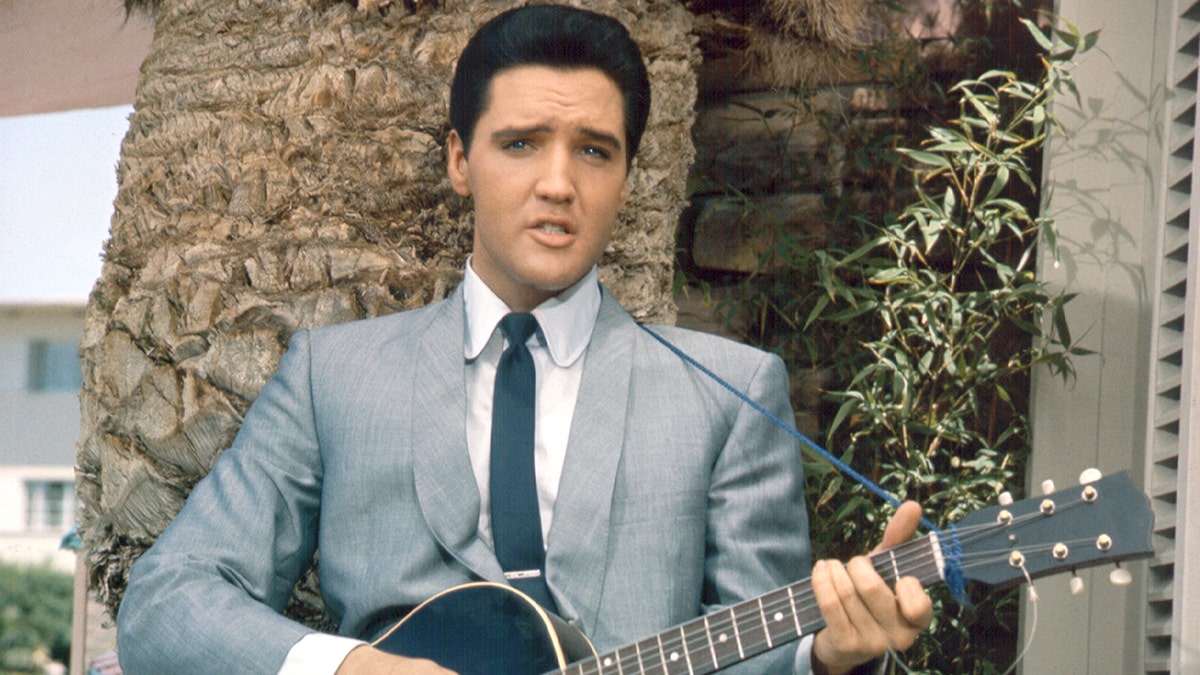
Elvis Presley, the King of Rock and Roll, succumbed to the darkness of prescription drug dependence, deteriorating under the weight of fame and expectation. His story serves as a cautionary tale about the pressures of stardom, leading to physical and mental decline.
The Legacy of Addiction
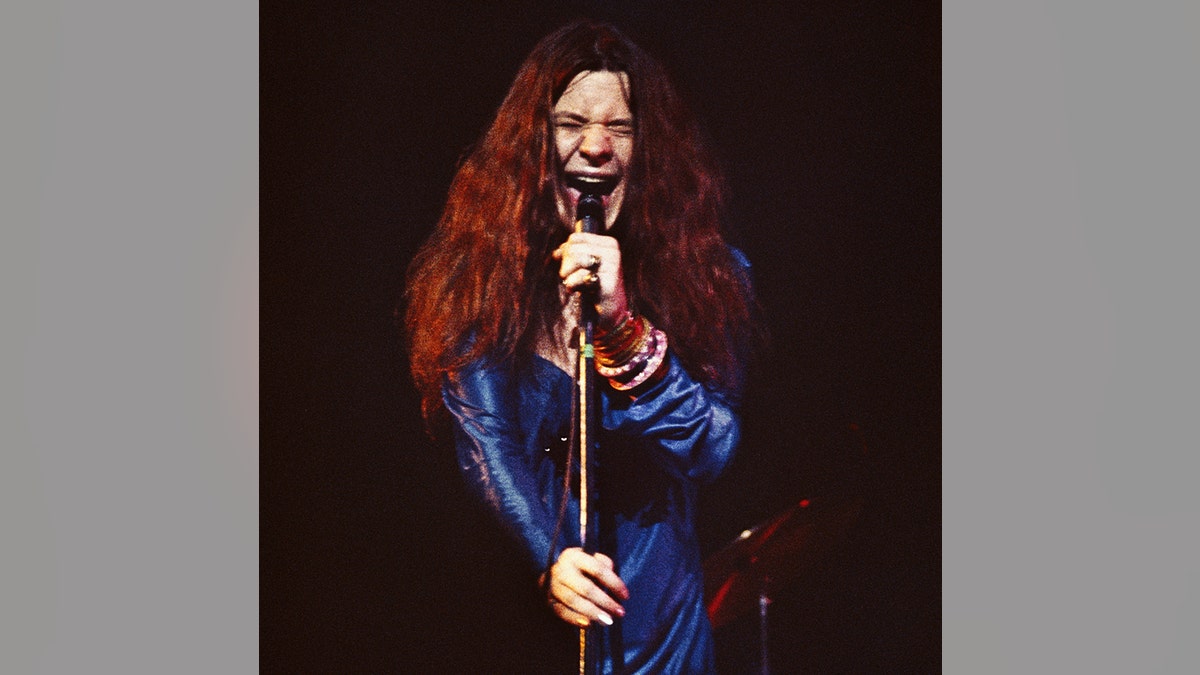
Janis Joplin, a powerhouse with a mesmerizing voice, faced her fate just two weeks after Hendrix. The pressures of the music industry, coupled with addiction, robbed her of potential that could have soared even higher, cementing her legacy in bittersweet tones.
No matter how bright these stars shone, their stories remind us of the fragility of life and the heavy toll that fame can take. The struggles with addiction resonate deeper than the music they created, a haunting reminder that success does not shield one from pain.
The Illusion of Perfection

Jim Morrison, the enigmatic frontman of The Doors, tempted fate until his mysterious death at 27. His lyrics explored the darkness of existence, reflecting a life filled with intensity and trials. Yet, there’s an unsettling irony in the facade of glamor and success contrasted with personal suffering.
Final Notes on the Cycle of Fame and Addiction
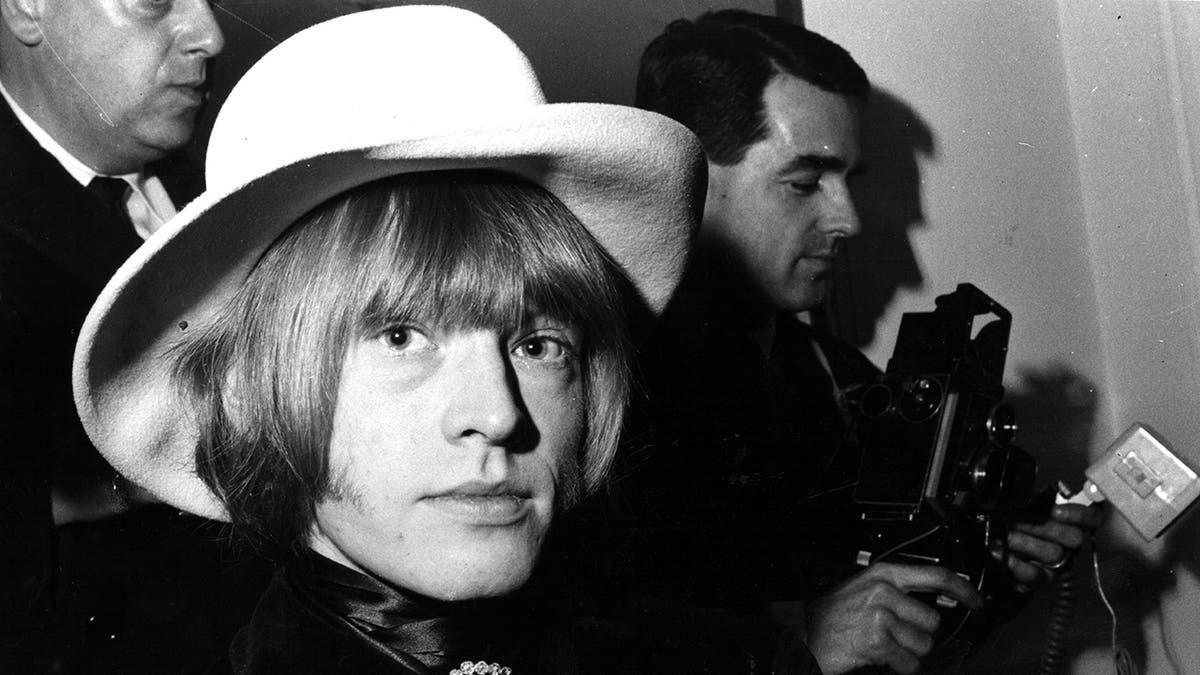
Brian Jones’ journey with The Rolling Stones ended in tragedy as drugs dominated his life. The sorrowful truth is that many of these stars became victims of their own creations, ensnared in cycles of substance abuse and despair.
Keith Moon, the legendary drummer of The Who, embodied the archetype of the excess of rock and roll—his vibrant persona ultimately met an untimely end due to addiction. Each of these names conjures emotion and reflection, urging the world to confront the realities lurking beneath the surface of fame. Their stories spark important conversations about addiction, mental health, and the price of success.
Ending Thoughts: Remembering Lives, Not Just Legends
As the world mourns the loss of Liam Payne alongside many other unique talents, let their stories remind us of the real cost of fame. Behind the songs and performances lies a story of struggle, one that underscores the importance of support and understanding in the music community. Their legacies should inspire change, urging folks to reach out and advocate for mental health awareness and recovery.
